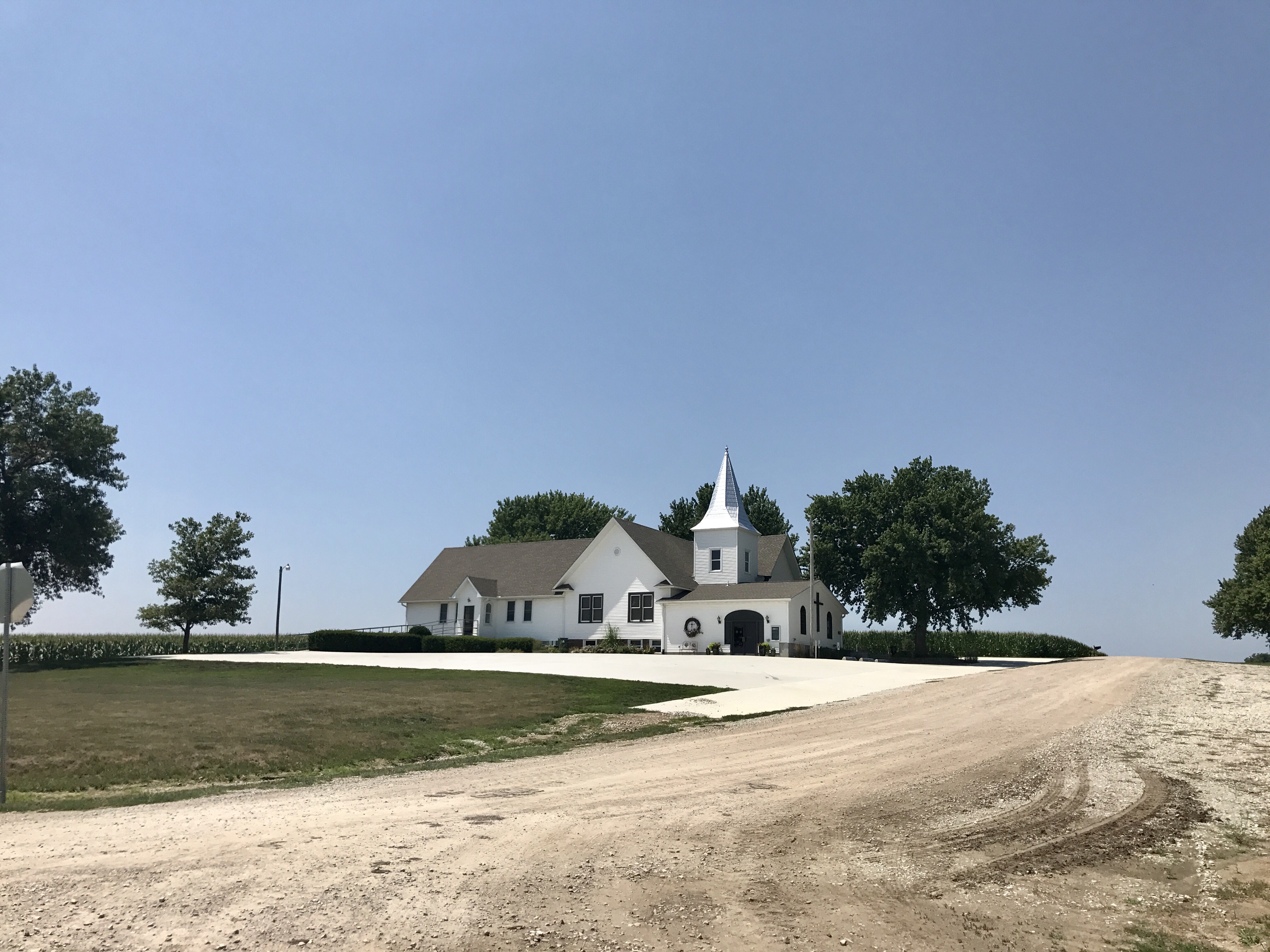Covenant Affirmations
The Evangelical Covenant Church of America has its roots in historical Christianity as it emerged in the Protestant Reformation, in the biblical instruction of the Lutheran Church of Sweden, and in the great spiritual awakenings of the nineteenth century.
We are an apostolic church. We confess the historic faith of the Apostles. We believe in Jesus Christ the Son of God, our Savior and Lord. We accept the Holy Scriptures, the Old and New Testaments, as the Word of God and the only perfect rule for faith, doctrine, and conduct.
We are a catholic Church. We see ourselves to be part of the universal church of Jesus Christ from the days of the Apostles until now.
We are a reformation church. We stand in the mainstream of the sixteenth-century Protestant movement which insisted on justification by grace alone through faith alone.
We are an evangelical church. We were born out of the revival movement that touched all of Europe in the seventeenth and eighteenth centuries and came to flower for us in nineteenth- and twentieth-century America.
Appreciating this classical Christian heritage and hungering for an ever more vital experience of new life in Christ, Covenanters affirm a number of evangelical emphases. Among them are:
The centrality of the Scriptures, the Old and New Testaments, as the authoritative Word of God and the only perfect rule for faith, doctrine, and conduct. We believe it is essential to the life of the Church that it be a company of people who want, above all else, that their lives be shaped by the powerful and living Word of God. The alternative is clear. Not to be shaped by the Word is to be shaped by the world.
The necessity of the new birth for entrance into God’s Kingdom, and the importance of continuing growth in the grace and knowledge of Jesus Christ for sound spiritual health. Jesus said, “Unless one is born anew, he cannot see the kingdom of God” (John 3:3). He also said, “If you continue in my word, you are truly my disciples, and you will know the truth, and the truth will make you free” (John 8:31,32).
The Church as a fellowship of believers,
is characterized by mutual participation in and sharing of the new life in Christ. Membership is by confession of personal faith in Jesus Christ as Savior and Lord. It is open to all believers. Considerations of class or race, education or pedigree, wealth or prestige do not enter. What is required is that one be “born anew to a living hope through the resurrection of Jesus Christ from the dead” (1 Peter 1:3). “The doors of the church are wide enough to admit all who believe and narrow enough to exclude those who do not,” said our forebears. We affirm no less today.
The ministry of the Holy Spirit, who with the Father and the Son, calls the Church into being, empowers its witness, guides its mission, and supplies the gifts needed by the Church and its members to exalt Christ.
The reality of freedom in Christ, who delivers us from the power of sin and moves us by his grace into a whole new experience of obedience and life. This freedom creates an ecclesiastical climate which allows for differences of opinion in matters of interpretation, doctrine, and practice within the context of biblical guidelines and historical Christianity. Such freedom “is to be distinguished from the individualism that disregards the centrality of the Word of God and the mutual responsibilities and disciplines of the spiritual community.”
Affirmations like these are not to be taken as creedal statements. They are rather to be understood as true and valid descriptions of what Covenanters believe and cherish as they continue to grow in the grace and knowledge of God, awaiting that day when “the kingdom of this world has become the kingdom of our Lord and of his Christ, and he shall reign for ever and ever” (Revelation 11:15).
